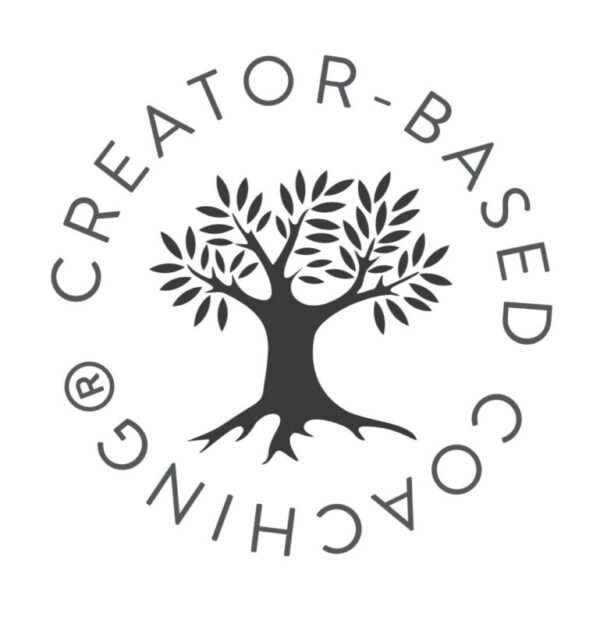
When I was growing up, I always knew when it was Mom and Dad’s anniversary. Dad would bring home a dozen red roses and Mom would place them in a beautiful, lead crystal vase on top of the TV. There they would abide for two weeks or so. The room was usually dark for television watching, so I couldn’t see a lot of the vase, but I knew it was a treasure.
Fast forward many years, and the lead crystal vase now has a treasured home on my shelf. It’s out every day, sparkles in the sunshine, and is dusted and loved regularly. If anything ever happened to the vase, I would be very sad. It is a reminder of many of the beautiful things I remember from growing up.
The Japanese people have an elegant, centuries-old tradition of mending broken ceramics called Kintsugi. I dread to think that my vase would ever be broken, but if it did, Kintsugi would be my first choice for repair.
You see, when a vase is broken, an artisan is employed to mend it with a special lacquer. Carefully piecing the shattered shards, she will bind the puzzle back to its original shape. True beauty ensues as the vessel is restored to integrity. The final step for the craftsman is to layer gold over the broken places made to mend.
Vessels repaired in this way increase significantly in their value.
Kintsugi has endured and fascinated people for centuries.
Its longevity is thought to be due to its tender embrace of accidents and mistakes.
How do you embrace your accidents and mistakes?
Do you embrace them tenderly or ‘kick ‘em to the curb’?
A Creator will hold her mistake with curiosity and respect,
understanding the gift that it is.
What? Mistakes as gifts? Laughable!
But here’s the thing. If you walked through life never having made a mistake, you’d have no framework for growth.
In large measure, your mistakes show you the next step on your journey.
For that, we can be grateful.
When you do make a mistake, and believe me, I make at least 10 mistakes before breakfast, consider these ideas:
- Treat yourself with the same love that you would your best friend. Would you kick her to the curb because she said something insensitive? No. You would comfort her for her mistake and let her talk about it. You would listen while she worked it out in her heart and mind and made self-directed changes to avoid a repeat.
- Get curious about what happened. Were you too tired? Were you hungry? Were you lonesome or sad? Curiosity and friendliness go a long way toward healing and growth.
- And speaking of friendliness- consider loving your mistake like you would a sweet puppy. Teach it with patience and kindness.
- Be proud! Your mistake has shown you to be a true human being! Good Job!
Here’s the thing- any of those ideas will allow you to create a better you. So, my friend, when you make a mistake this week, choose a creator-based® approach.
Get your paintbrushes and glue, pick up the pieces, reassemble yourself (and maybe your dignity) with curiosity, friendliness, and love, and layer some super valuable gold gratitude over the seams.
You deserve it. Create with beauty this week. Make mistakes. Celebrate!
Congratulate yourself on your incredible humanness! You have so totally got this.
Here’s a truly Kintsugi week!
Beth
Certified Master Life Coach for
CMH Coaching for Life
CMH Coaching for Life
Home of Creator-based Coaching® and the CBC® group experience.

